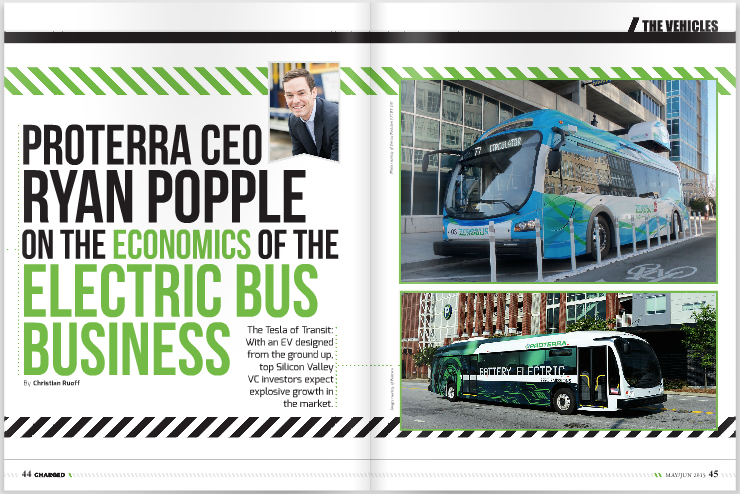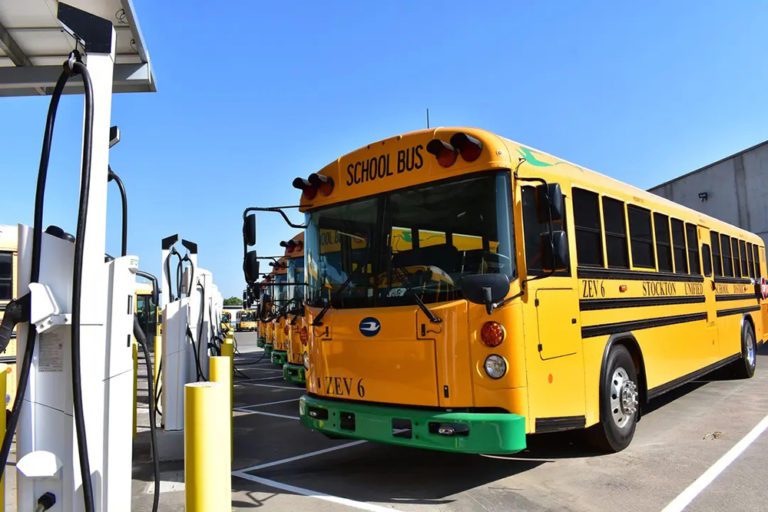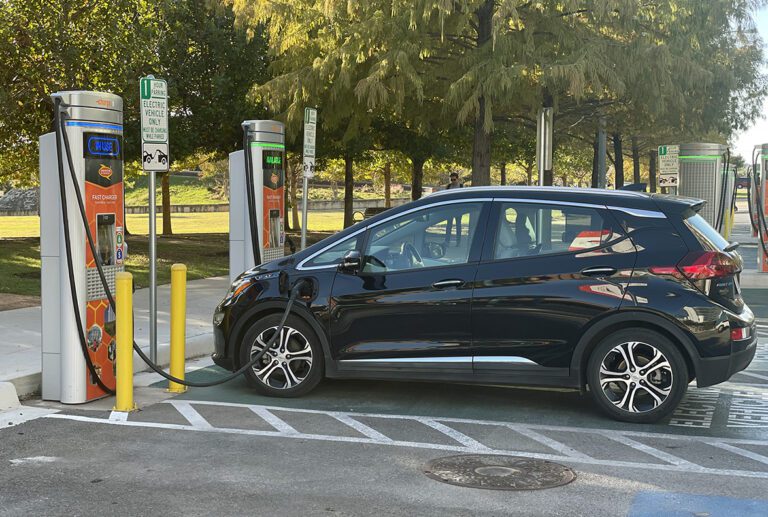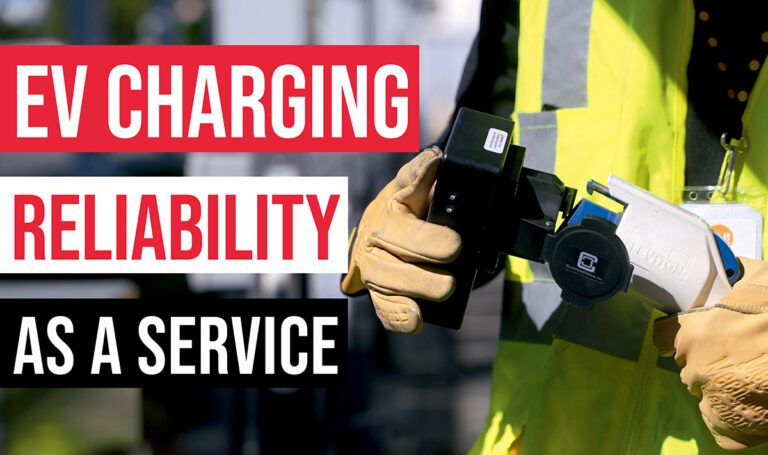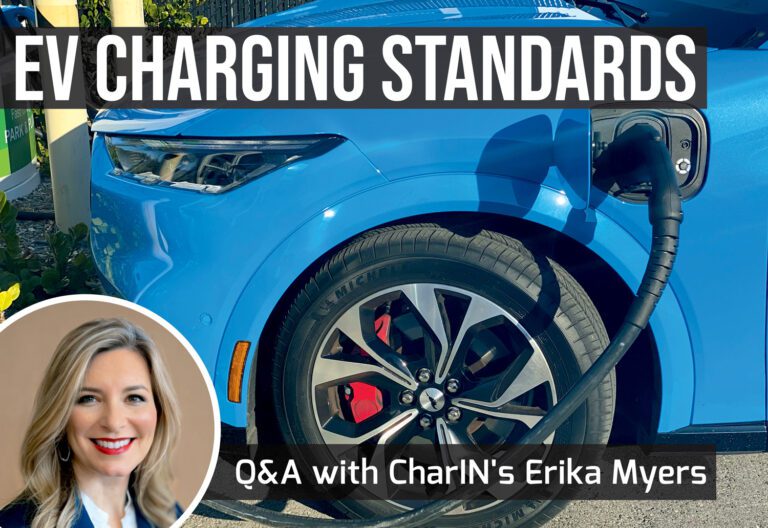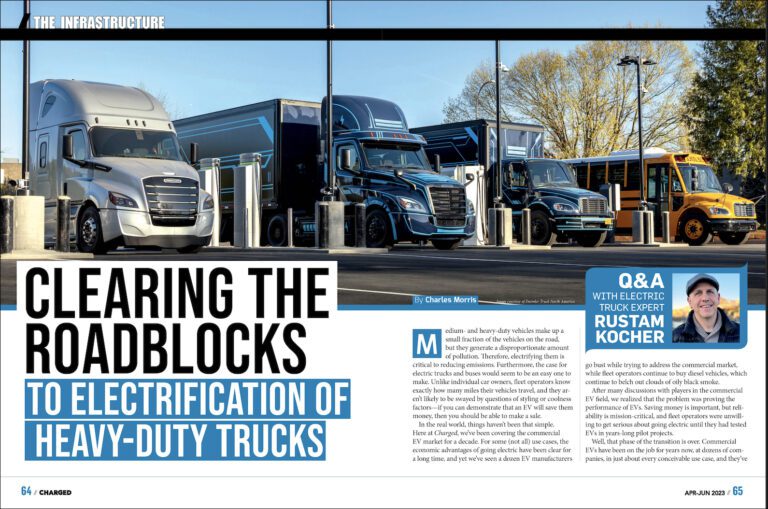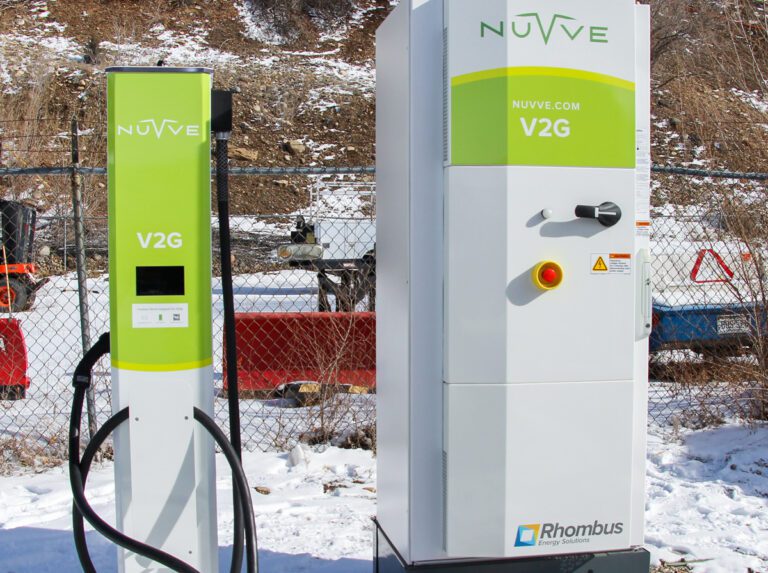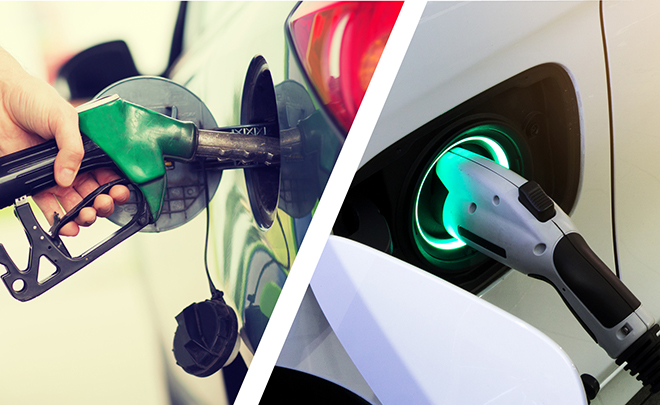Venture capitalists assume a large amount of risk when they invest in early-stage companies. They do so because of the potential for huge returns. To ensure that a portfolio of investments delivers the greatest return with the least risk, VCs spend a considerable amount of time evaluating companies, looking for the key ingredients of success…. Read more »
Search Results Found For: "Clean School Bus Program"
How charge management can reduce OpEx and CapEx for EV fleet projects
Q&A with The Mobility House Business Development Manager Sam Hill-Cristol If there’s one topic that everyone in the EV infrastructure field is talking about these days, it’s charge management. As organizations of all sizes electrify their vehicles, they often find that power consumption is a major constraint. Charging stations, especially those that serve large fleets… Read more »
New York awards $3 million to EV/grid integration projects, offers $4 million more for managed charging
The state of New York has awarded $3 million in funding to three projects to advance technologies that can help integrate EVs efficiently into the electric grid, and plans to award another $4 million to advance technologies that overcome data collection, transmission and operational challenges faced by utilities to manage EV charging. The $3 million… Read more »
New York state announces additional $30 million in funding for EV purchase incentives
New York Governor Kathy Hochul has announced $30 million in new funding for the state’s Drive Clean Rebate program. Also, incentives for installing EV chargers through the Charge Ready NY 2.0 program have been increased. The Drive Clean Rebate Program, administered by the New York State Energy Research and Development Authority (NYSERDA), offers a point-of-sale… Read more »
ChargerHelp guarantees no-excuses EV charging uptime for a fixed fee
EV charging reliability as a service: Q&A with ChargerHelp CEO Kameale Terry. It’s not news to Charged readers (or anyone who makes EV road trips) that public charging has a reliability problem. But whose problem is it? Many of the entities that installed public EV chargers over the last decade (businesses, municipalities, utilities) appear not… Read more »
Testing and refining EV charging standards: Q&A with CharIN’s Executive Director
Q&A with Charging Interface Initiative North America (CharIN) Executive Director Erika Myers. To the average EV driver, charging may seem to be a mundane, even boring, matter. You plug your EV in when you get home, and when you’re ready to drive again, it’s charged. And that’s the way it should be. But there’s a… Read more »
IoTecha wins $27-million grant for grid-friendly EV charging in California
V2G specialist IoTecha has been awarded a grant of up to $27 million by the California Energy Commission’s (CEC’s) Clean Transportation Program. During Phase I of this initiative, IoTecha will deploy a network of 120 new EV smart charging stations at single- or multi-family homes. For Phase II, IoTecha intends to extend this network to… Read more »
Clearing the roadblocks to electrification of heavy-duty trucks
Q&A with electric truck expert Rustam Kocher Medium- and heavy-duty vehicles make up a small fraction of the vehicles on the road, but they generate a disproportionate amount of pollution. Therefore, electrifying them is critical to reducing emissions. Furthermore, the case for electric trucks and buses would seem to be an easy one to make…. Read more »
Why California needs to mandate bidirectional charging capabilities for EVs
Explaining the benefits of bidirectional EV charging: Q&A with Nuvve CEO Gregory Poilasne The term “game-changing” gets thrown around a lot in the EV field, but if there’s any new technology that really does deserve to be described this way (as California Governor Gavin Newsom recently did), it’s bidirectional charging. Going bi adds several nifty… Read more »
Parsing the objections to California’s 2036 diesel truck phase-out
The California Air Resources Board (CARB) recently voted to finalize its Advanced Clean Fleets (ACF) rule, a set of regulations that requires new medium- and heavy-duty vehicles sold or registered in the state to be zero-emission by 2036, and requires all trucks to be zero-emission by 2042. The rule is a complement to CARB’s Advanced… Read more »







